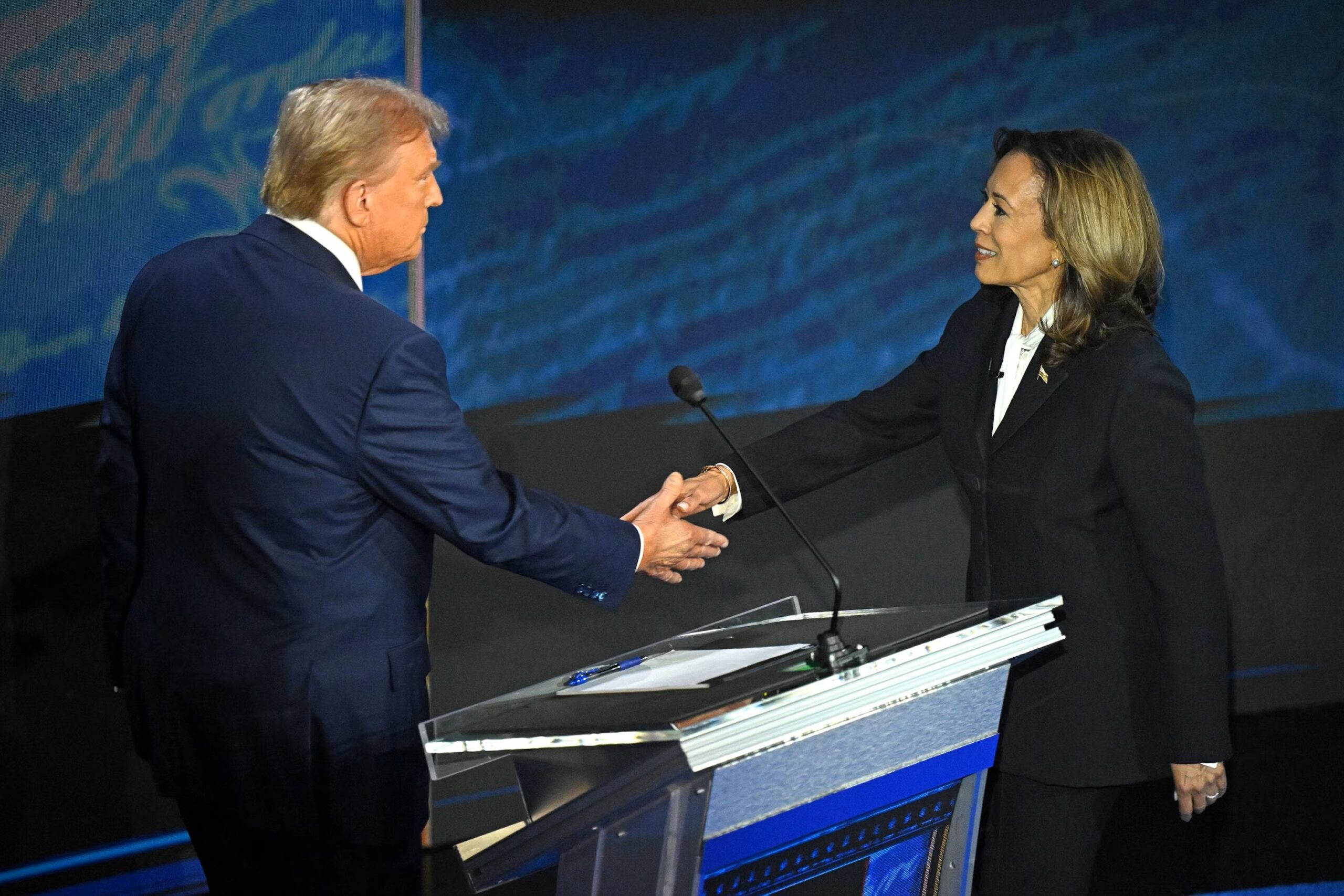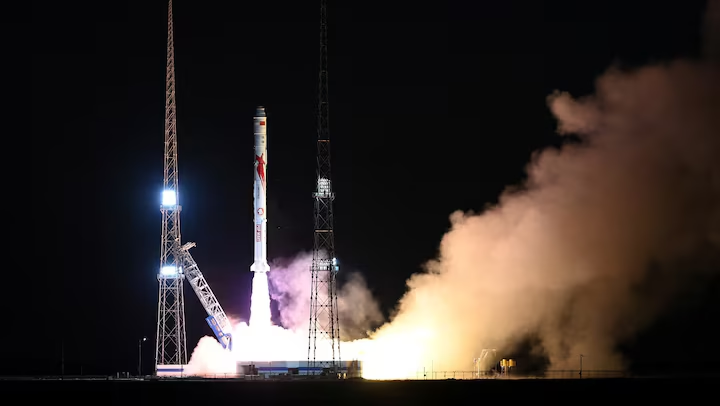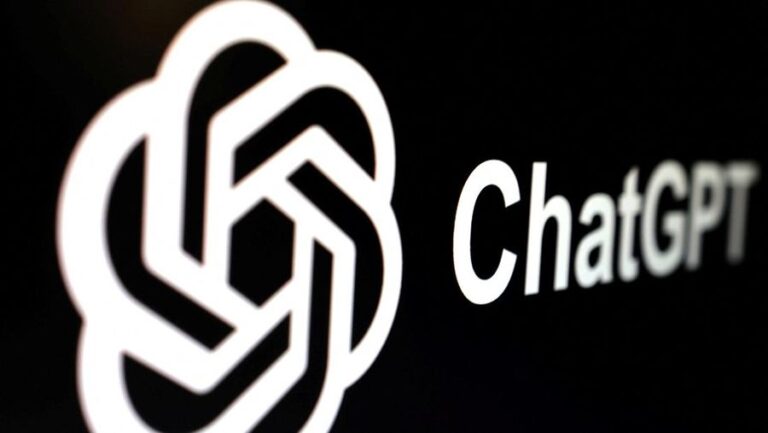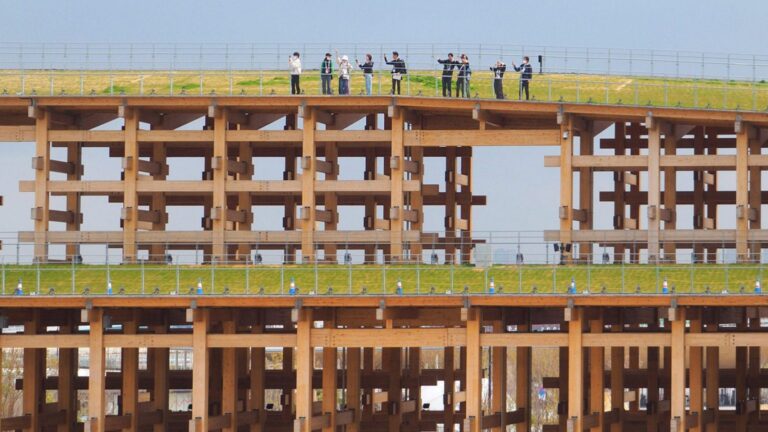New York — The first head-to-head presidential debate between Vice President Kamala Harris and former President Donald Trump captivated 67.1 million viewers across 17 television networks, far exceeding the 51 million who watched Trump’s June face-off with President Joe Biden. This surge in viewership underscores the public’s heightened interest in the 2024 election as the nation prepares for another fiercely contested race.
Held on Tuesday night in Philadelphia and broadcast by ABC, the 90-minute debate was the first time Harris and Trump had ever met face-to-face on such a platform. The stakes were high, as the two clashed over a range of critical issues including abortion, immigration, and the legitimacy of the 2020 election. Harris, stepping into the national spotlight as the new Democratic candidate after Biden’s exit from the race, faced intense scrutiny, but her performance against the former president drew significant attention and commentary from both political analysts and the general public.
The size of the audience was a clear indication of the immense interest in the debate, which came at a crucial moment in the campaign. Trump’s long-standing dominance within the Republican Party and Harris’ fresh candidacy added intrigue to the event. Many viewers were eager to see how Harris would handle the aggressive debate style of Trump, who is known for his fiery rhetoric and confrontational approach.
The audience size eclipsed the 51 million who watched the June debate between Trump and Biden, a turning point in the race that eventually led to Biden’s decision to withdraw, clearing the path for Harris. Although the 67 million viewers marked an impressive number, it still fell short of the record-breaking viewership of previous election years. In 2020, 73 million people tuned in to watch the first Trump-Biden debate, and in 2016, 84 million viewers witnessed the first clash between Trump and Hillary Clinton, which remains the most-watched presidential debate in history.
However, these comparisons don’t fully account for the changing landscape of media consumption. Nielsen’s figures only reflect traditional television viewership, while a growing number of people now choose to watch live events via digital platforms and social media. ABC, which hosted the debate, reported that more than 7 million additional viewers tuned in via its Disney-owned streaming services, underscoring the significant role that streaming now plays in delivering major political events to the public.
Among the television networks, ABC emerged as the clear winner in terms of ratings, drawing over 19 million viewers. NBC followed with more than 10 million, while Fox News attracted over 9 million. The debate was also the most-watched event on Disney’s streaming platforms in over 16 years, reflecting a broader shift in how audiences engage with live broadcasts.
A key moment during the debate came when ABC moderators David Muir and Linsey Davis fact-checked Trump in real-time, disputing several of his statements on topics ranging from the 2020 election to his immigration policies. This on-air correction triggered a sharp response from Trump, who lashed out at ABC, accusing the network of bias and calling it “the most dishonest news organization.” Trump, who was fact-checked at least three times during the debate, also suggested that Disney’s FCC licenses should be reviewed due to the network’s perceived unfairness.
The debate’s backdrop was further complicated by a brewing dispute between Disney and DirecTV, one of the largest pay-TV providers in the United States. Just days before the debate, Disney pulled ABC and other networks such as ESPN and FX from DirecTV’s platform amid a carriage dispute. In a last-minute attempt to avoid excluding millions of viewers, Disney offered DirecTV a three-hour free feed of ABC for the debate, but DirecTV rejected the offer, citing potential confusion. As a result, viewers using DirecTV had to find alternative channels to watch the debate. As the 2024 election approaches, the Harris-Trump debate has set the stage for what promises to be one of the most contentious and closely watched races in recent history. The debate not only showcased the sharp contrasts between the two candidates but also underscored the evolving media landscape in which political events are now consumed.









